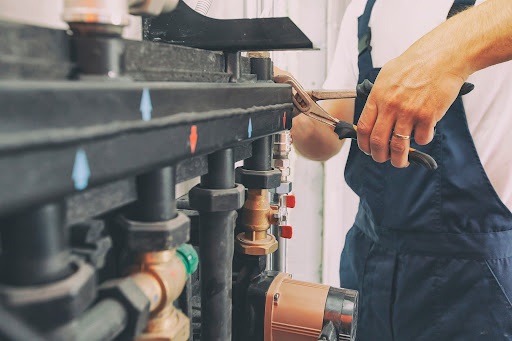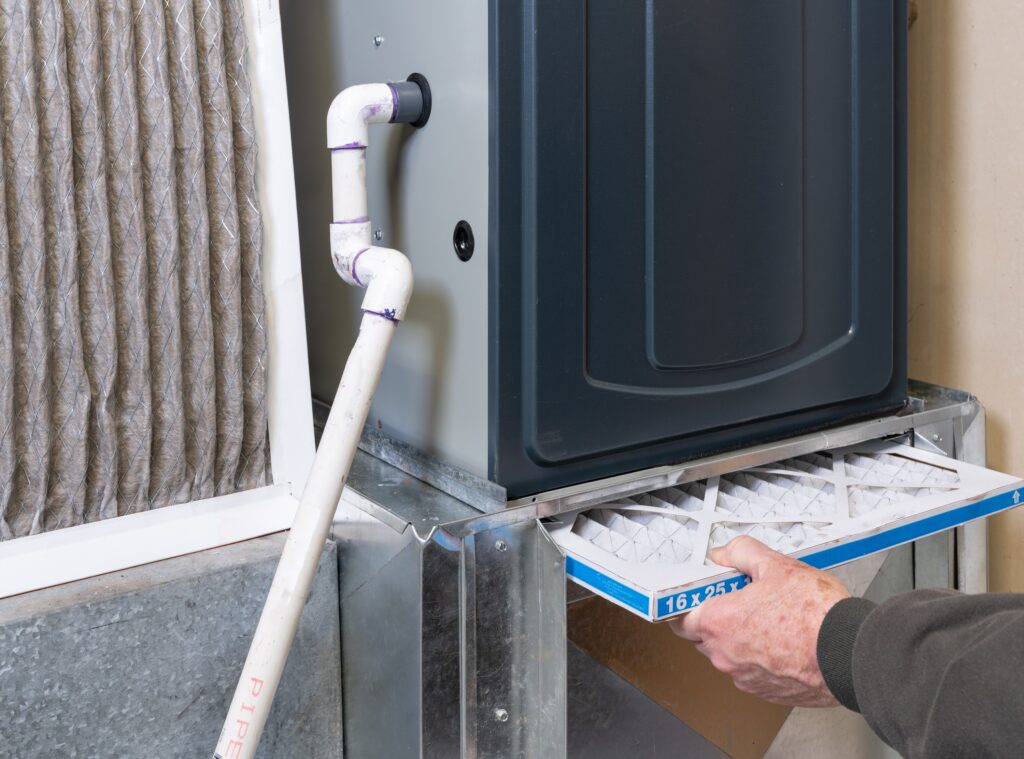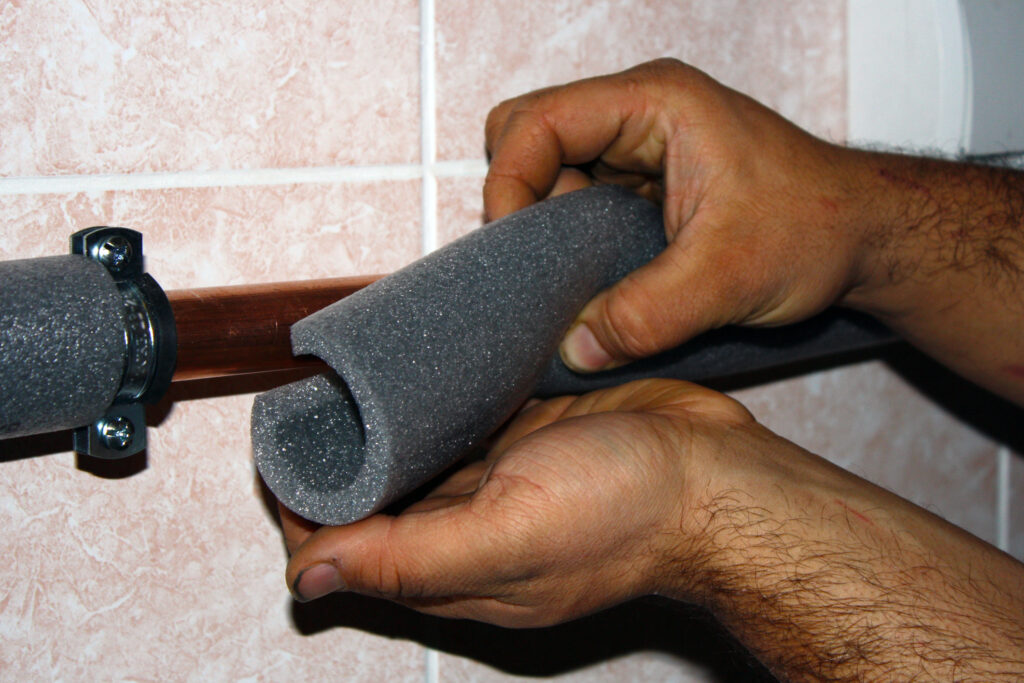
Does your home experience frequent flooding? This article will go over the steps you can take if your boiler is water damaged.
If any part of a boiler, burner, or its controls has been sprayed with or submerged under water, either partially or fully, DO NOT attempt to operate the boiler until the boiler has been either replaced or completely repaired, inspected, and you are sure that the boiler and all components are in good condition and fully reliable. A wet boiler is a fire hazard, explosion hazard, and electrical shock hazard, which could lead to serious injury and/or substantial property damage.
Depending on the type of damage and/or the type of equipment that has been damaged, the next steps may vary. While we recommend contacting a professional HVAC technician if you are dealing with a water damaged boiler, here are a few steps you can follow for various situations.
Saltwater Damage
The exposure of boiler components to saltwater can have both immediate and long-term effects. While the immediate effects of saltwater damage are similar to those of freshwater (like shorting out of electrical components, washing out of critical lubricants, etc.), the salt and other contaminants left behind can lead to long term issues after the water is gone, due to the conductive and corrosive nature of the salt residue.
Freshwater Damage
When a freshwater flooding condition has occurred with a boiler, try following the steps below:
- Replace all controls, gas valves, and electrical wiring on the boiler. Once an electrical control has gotten wet, it poses a fire and electrical shock risk and must be replaced. Gas valves are no longer assured to provide a safe shut-off to the gas, potentially causing gas leaks, fires, and explosions. Even mechanical devices such as float low water cut-offs and safety relief valves need to be replaced, as their components may become corroded, making the device unreliable for future use.
- Thoroughly inspect all burner tubes, gas piping, manifolds, orifices, and flue ways for signs of rust and/or sediment from the flood waters. The rust and sediment can prevent proper operation of the boiler if it is not cleaned out from the boiler.
- For oil-fired boilers, replace all oil burners. Oil burners are complex systems consisting of solenoid valves, motors, electrodes, and pumps. If these components have experienced flooding, then oil leaks, valve failures, and electrical faults may occur, resulting in a severe fire hazard, potential injury or death. In the case of large commercial burners, such as Gordon-Piatt and Power Flame, it is more cost efficient to replace the entire burner rather than attempting to replace all the controls and repair the mechanical components.
- Replace all insulation that has become water damaged. This includes jacket insulation, base box insulation, and combustion chamber insulation and refractories. After insulation has become water damaged due to flooding, it may deteriorate, reducing its insulation value and causing a potential fire hazard. Also, it can pose a health risk due to bacteria from the flood waters remaining in the insulation.
- Where possible, inspect seal rings for damage from petroleum products. Flood waters are often contaminated with gasoline and other petroleum products, which can damage elastomer seals.
- Thoroughly inspect all venting for signs of corrosion. Replace any venting that is rusting or corroded in order to prevent flue gases from entering the building through the venting system.
In Conclusion
Even if only part of the boiler has been submerged in flood waters, we recommend having a technician out to assess for any damage and safety concerns.
If your boiler has water damage, contact us today, we are here to help!
For more information about maintaining, installing, or replacing your boiler, read our Boiler Maintenance and Installation Guide.
Has your boiler been exposed to water?
Don’t stress — Click below to schedule an appointment online or give us a call at (610) 825-4400.



